First of all, congratulations to Witch Watch for winning this season’s Patron Pick poll. I’m never disappointed by a show winning, because if it’s something I really don’t want to cover I won’t put it on the ballot. But in this case I’m quite pleased, because I’ve enjoyed this show way more than I expected to based on the manga. I might have ended up covering it anyway, and as always I reserve the right to cover one or more of the runners-up too if I feel like I should. But for now, a good choice by the voters and I thoroughly approve. It was a pretty close vote and (possibly for the first time) every series on the ballot got at least one vote.
The question of why this is working when the manga didn’t is an interesting one. Maybe I just didn’t stick with it long enough but even the opening chapters were much better in anime form. Shinohara Kenta for sure has the potential to vibe with me – Astra proves that – but doesn’t usually. I think it’s mostly a question of how good this adaptation is, and it really is. It’s in the hands of a first-class director and writer, and that certainly plays a major role. But I think the stealth MVP here is composer Hashimoto Yukari, who’s done a bunch of great anime soundtracks. The BGM (not all hers this week obviously, ROFL) is a major charm factor for Witch Watch. The jingle accompanying Nico’s spells, the various orchestral flourishes, and Nemu’s intro theme this week – it’s all first-class (as is the OP and ED).
There’s just a great sense of whimsy to everything about this show. And that certainly applies to Makuwa-sensei the otaku teacher, who’s been funny every time she’s appeared. Here she discovers that one of her students, Kukumi-chan, is her favorite fan artist for the “Uron Mirage” fandom, which she loves. Given how hard she tries to closet her otaku side (badly) this presents a huge problem – especially as she desperately wants to bond with Kumuki over Uron (and squee over her favorite artist). That side is really funny, but so is the inside the beltway humor about manga fandoms and how they work.
Next up the boys take center stage, and Shinohara is very good at humorously poking at the peculiarities of male and female behavior among teenagers. Hara-kun wants a spell to make him disappear – which Nico correctly deduces is so he can go take a dump unobserved. Now of course in high school this is not that big a deal, and as it happens Moi was right in the first place – “just raise your hand and go”. But it leads to some pretty funny moments, and to Nico leveling up in witchiness thanks to Hara’s gratitude for her help.
Finally, we meet Miyao Nemu. As you’d guess from that name she’s a cat – except she’s not a cat, she’s a witch shapeshifting as one scouting Moi as a potential familiar poach. Except she really is a cat, which is actually the joke of the whole chapter. Nemu is totally catlike in every aspect of her personality, even when she’s in human form. As a cat-lover this made me ROFL, because it got the details just right. And of course Moi is the cat lover of the group, expertly showing the others how to seduce a cat while unwittingly taking Nemu to second base far sooner than she ever expected.
This three-chapter episode format is working so well that it’s hard to imagine Witch Watch any other way. It was definitely the right choice (unsurprising given that it’s Ikehata Hiroshi and Akao Deko making it). These stories are not deep or profound – they work best as bite-size courses placed on the table, quickly to be replaced by another. Inevitably things are going to get more serious at some point and the format will change for stretches, and that’s going to be real test of this series’ staying power. But for now, everything is going swimmingly.


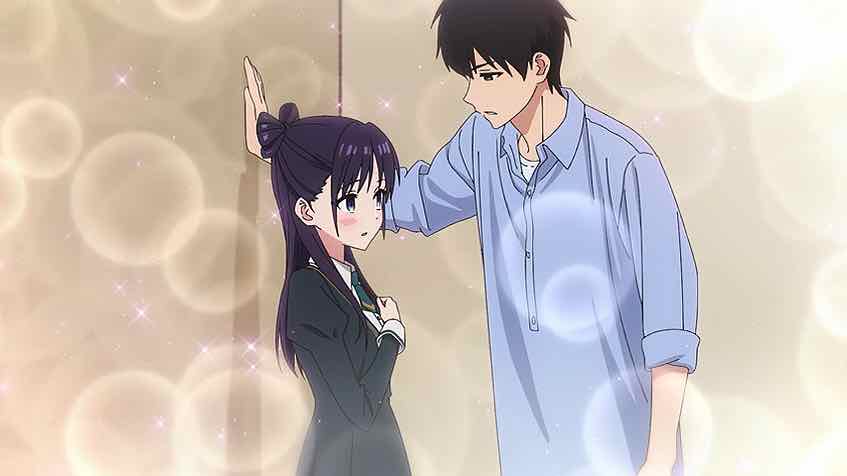
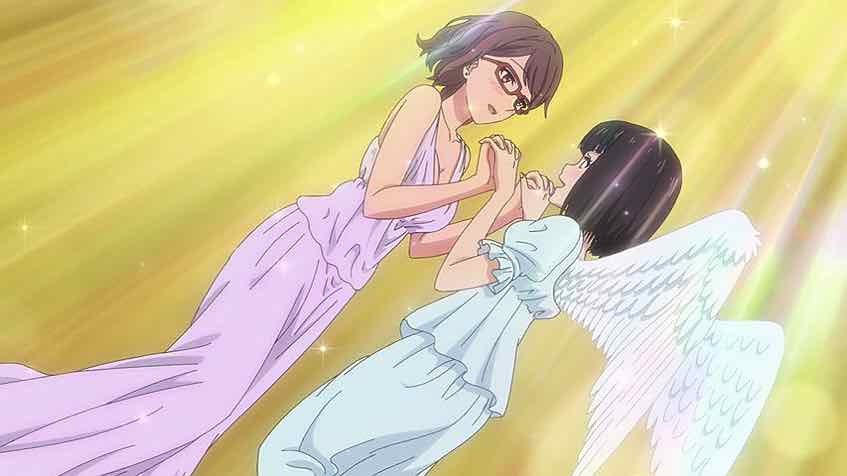
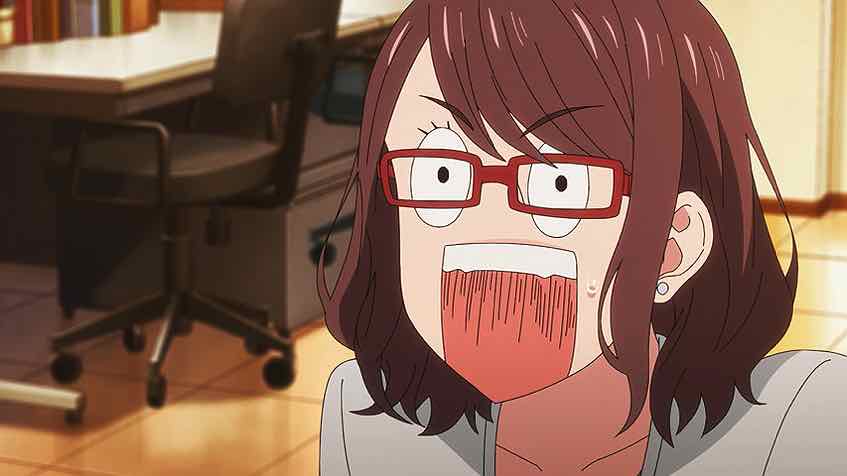
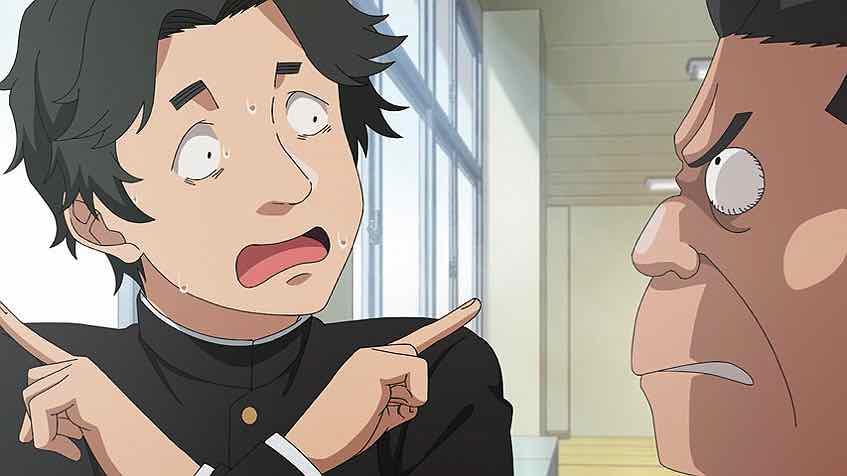
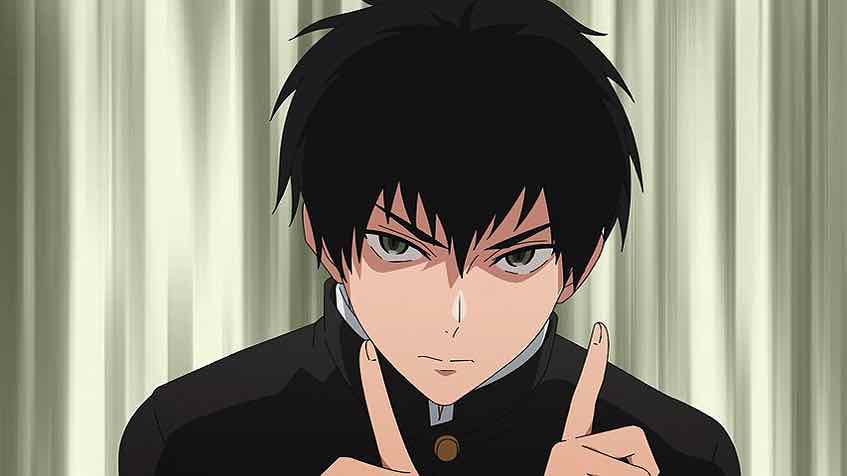
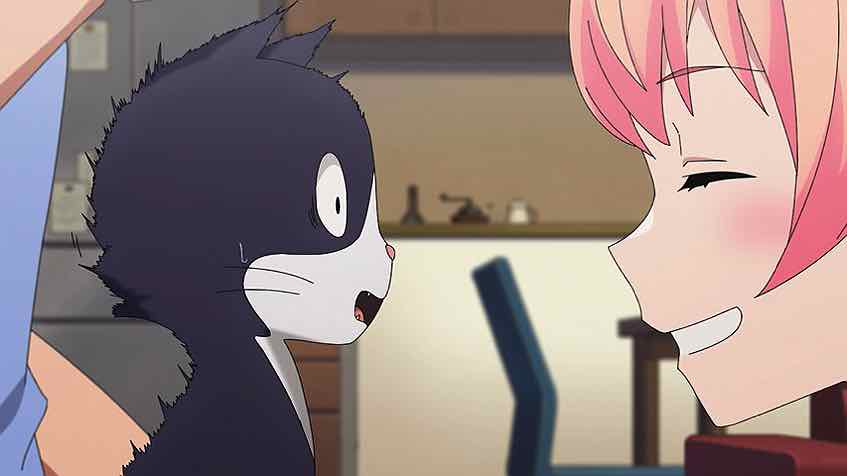
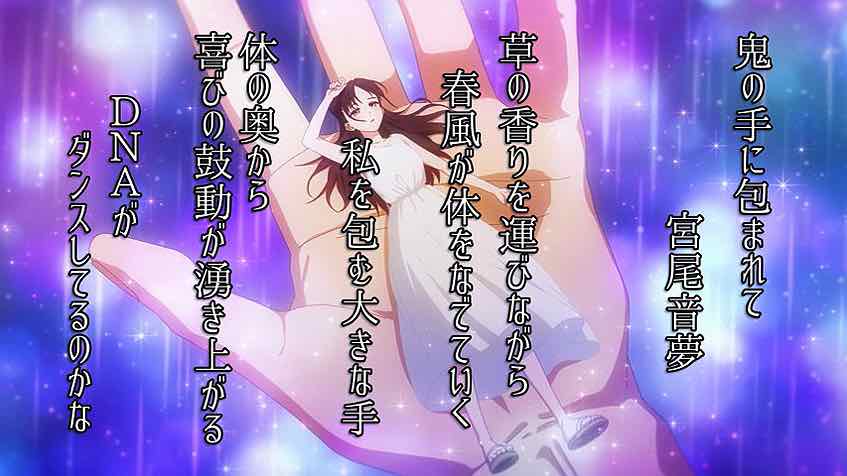
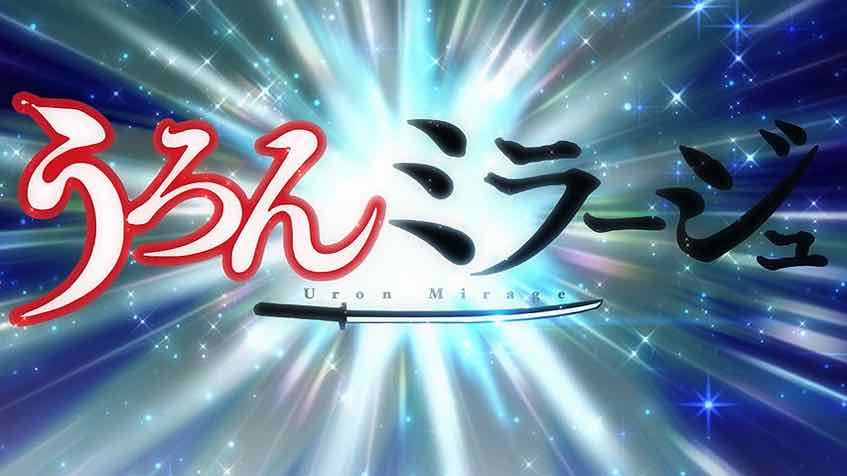

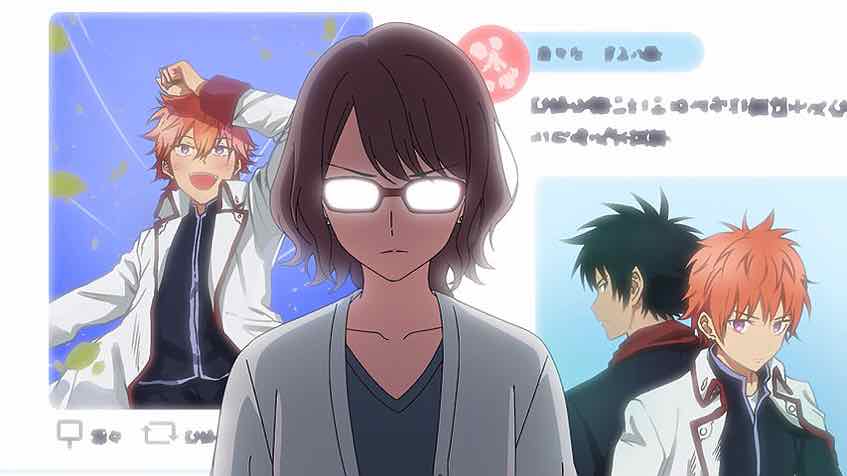
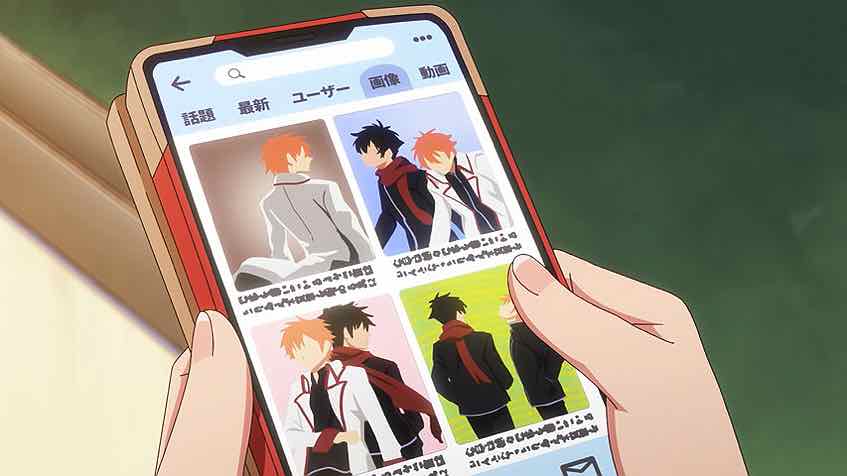
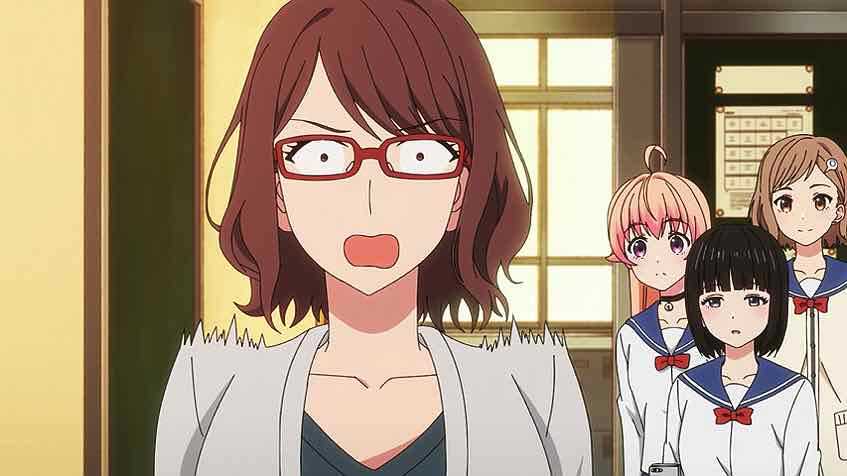
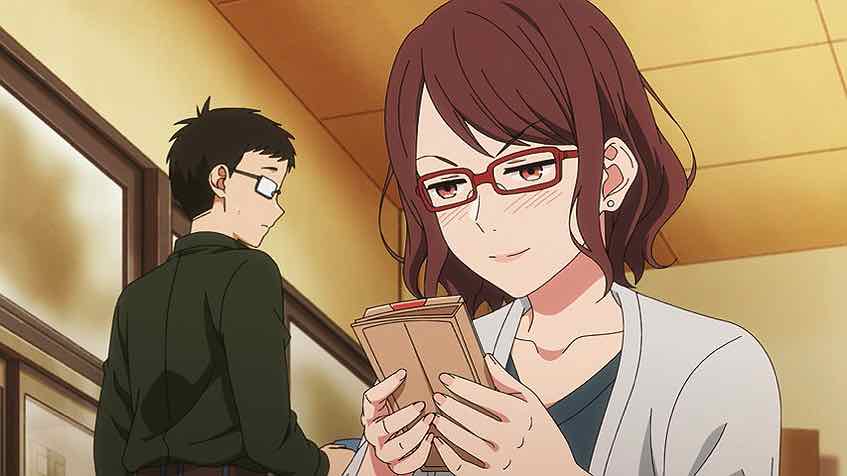
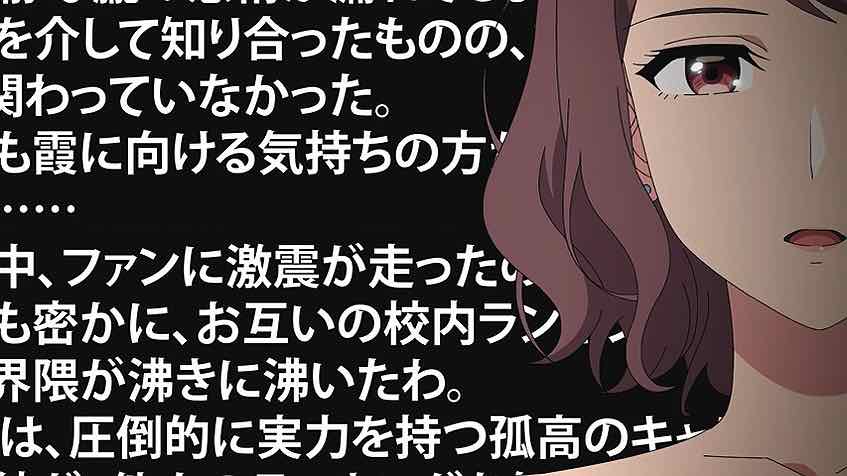
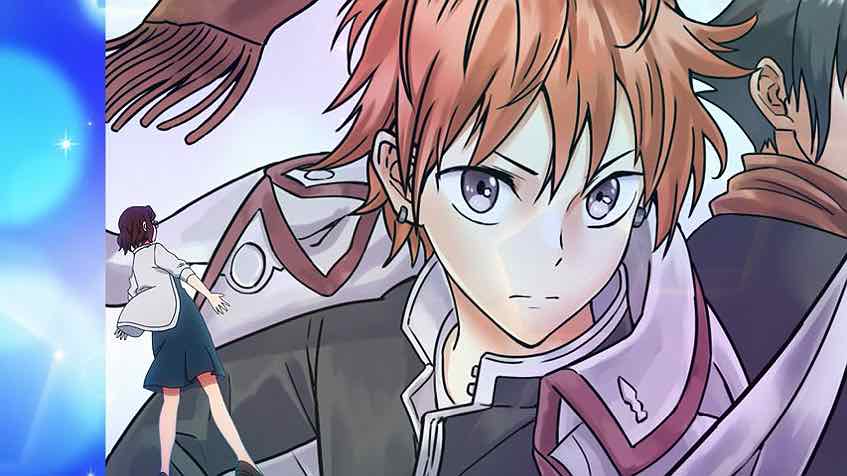
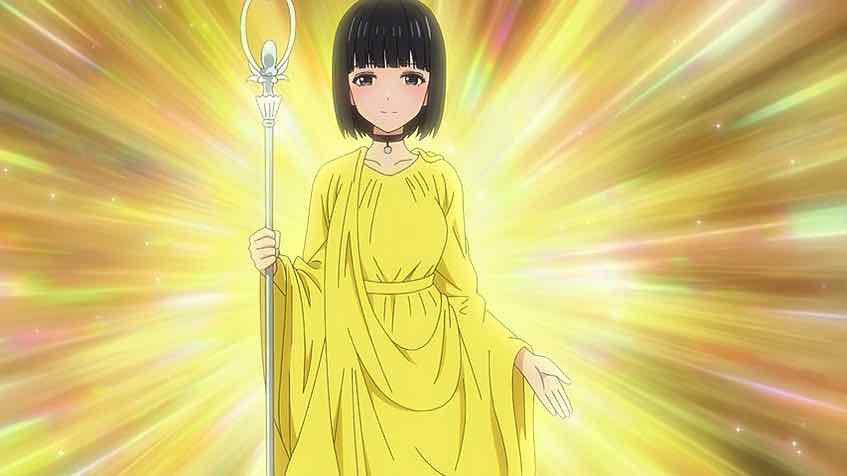
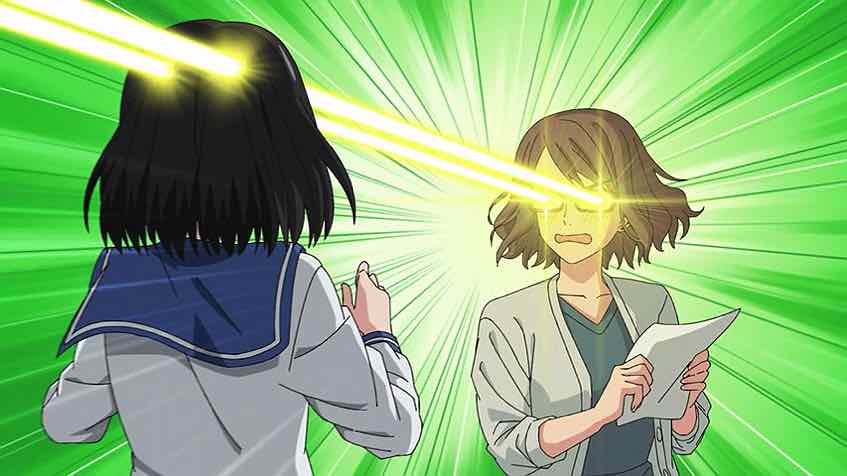
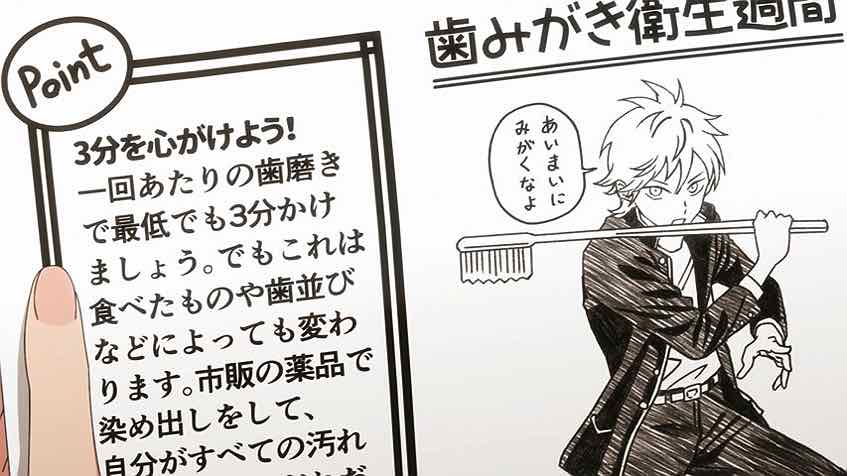
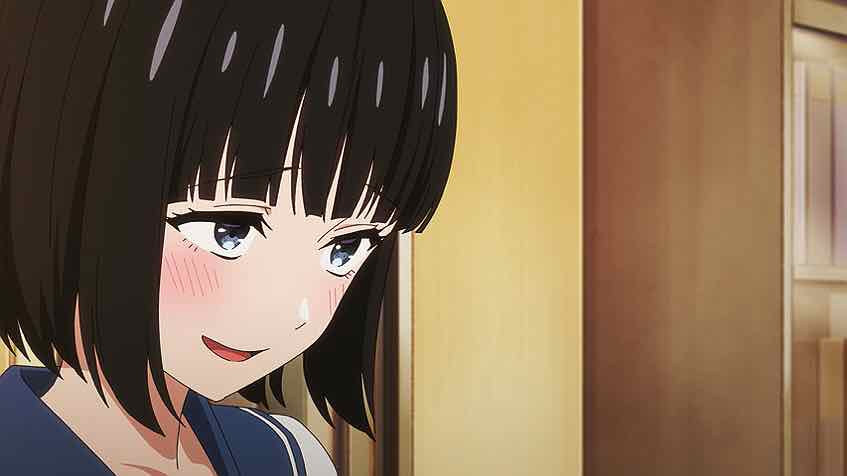
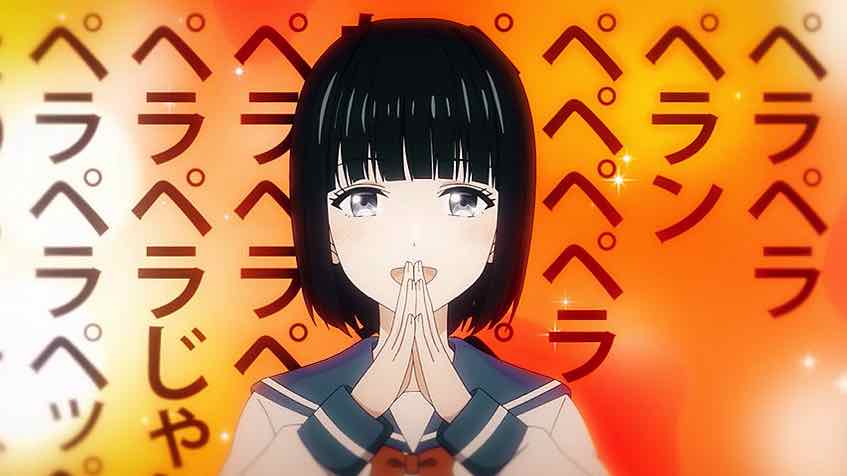
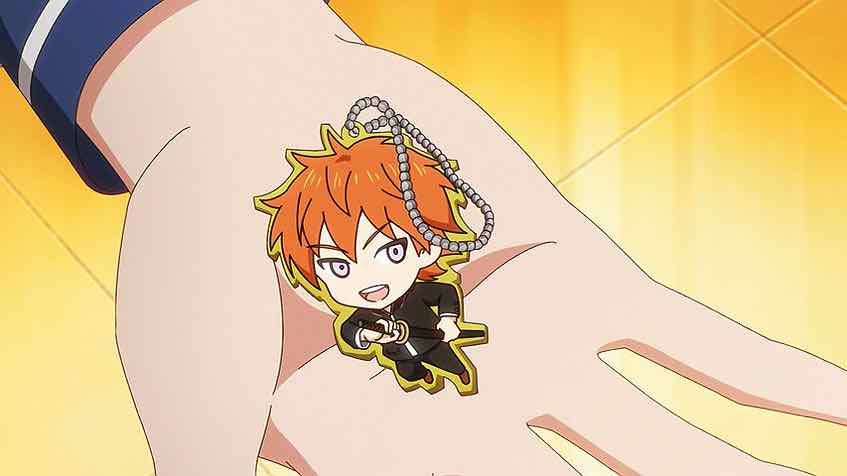
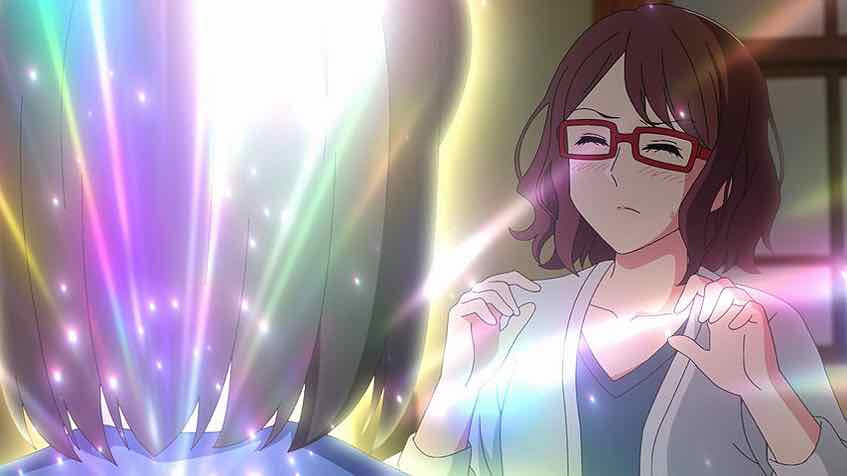
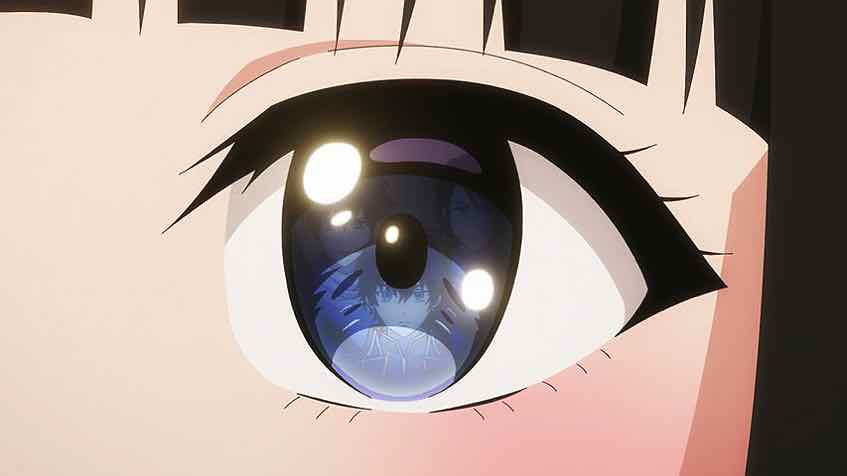
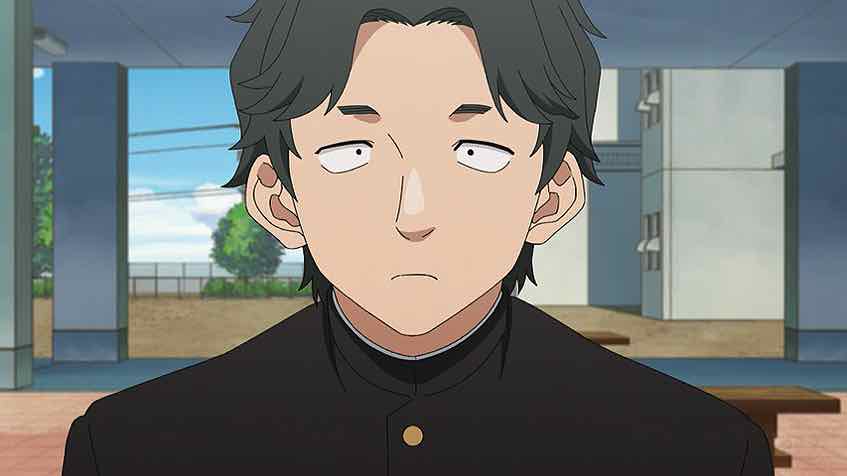
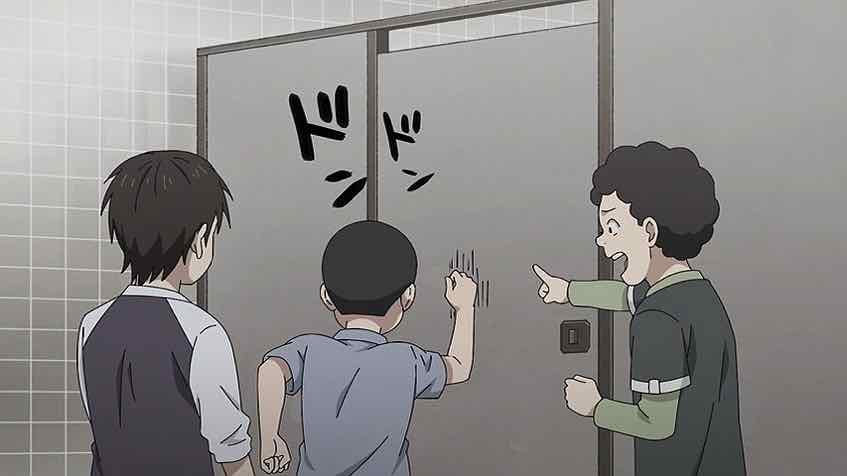
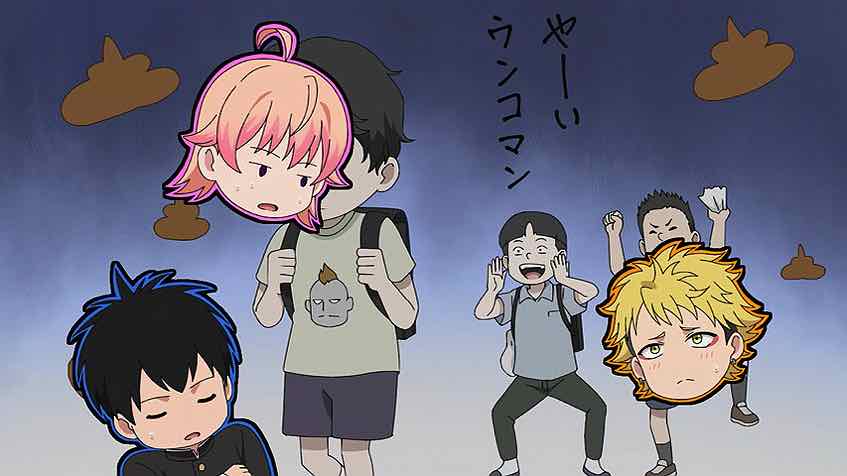
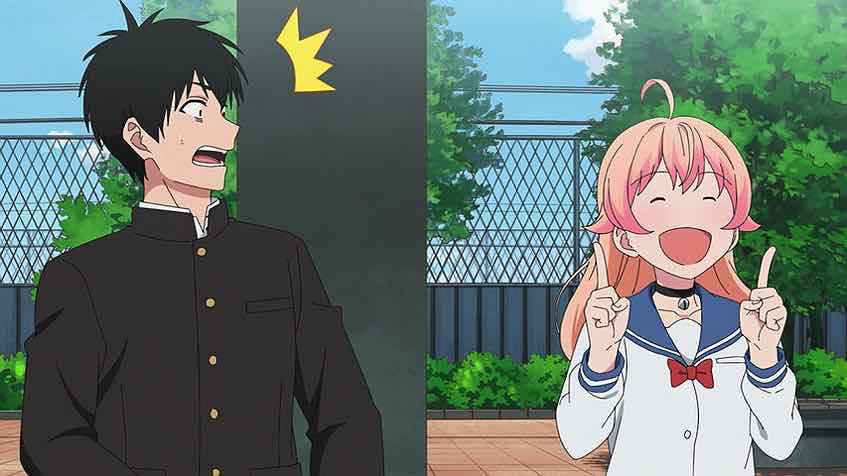
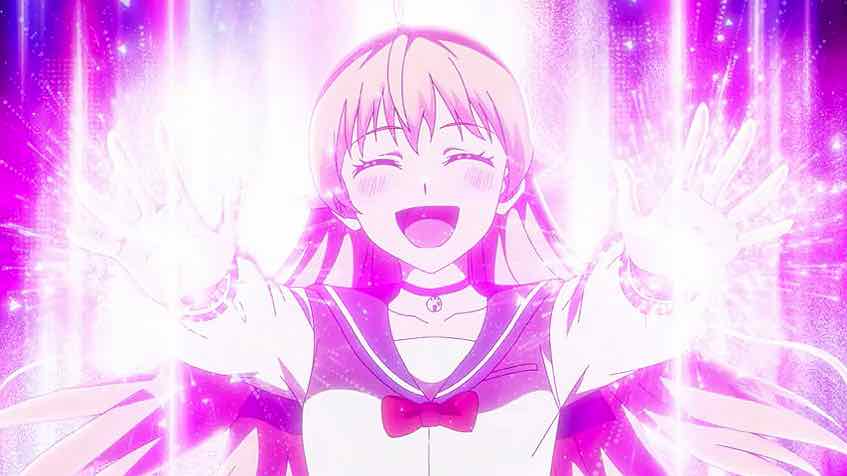
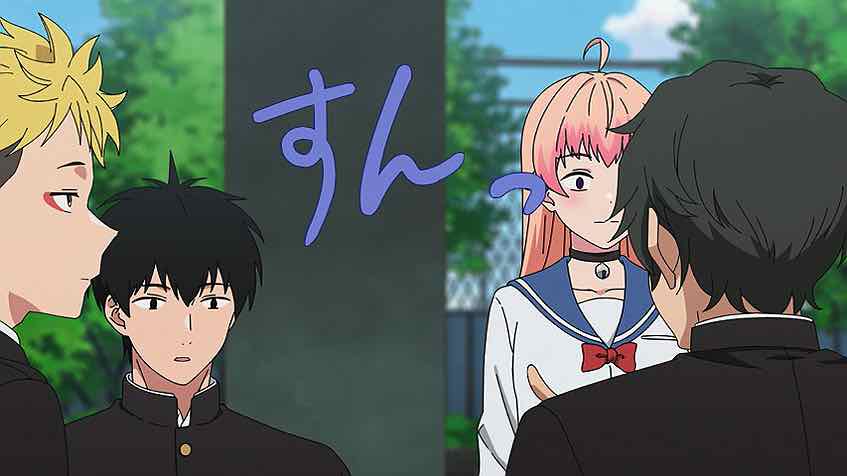
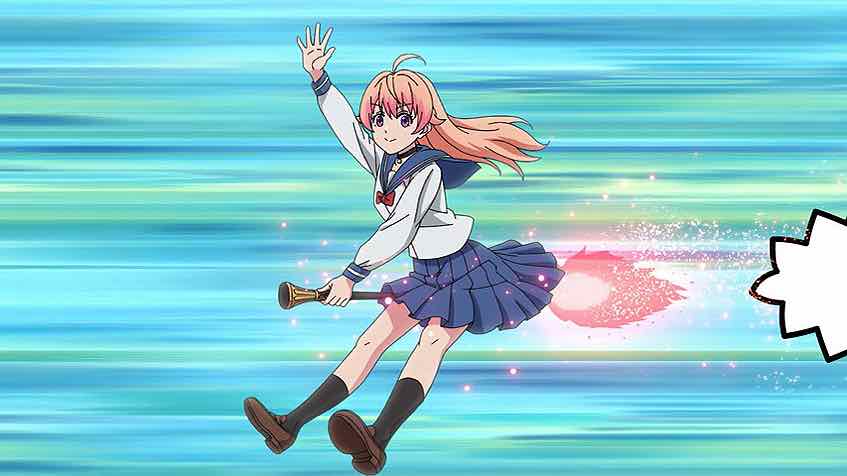
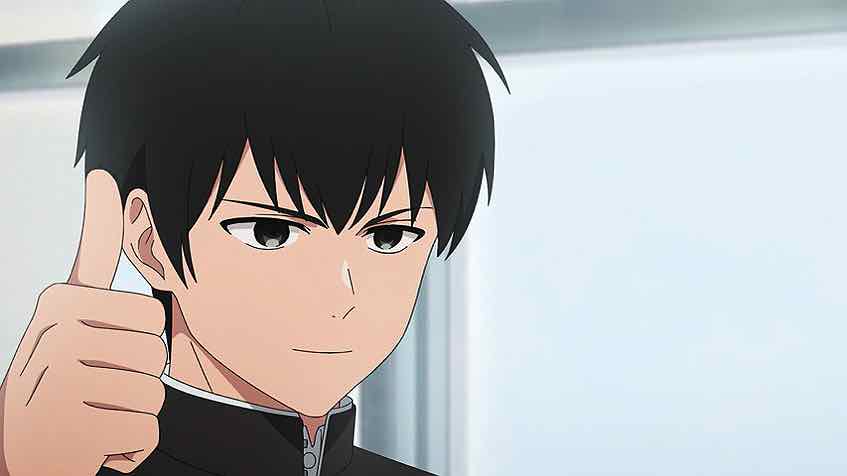
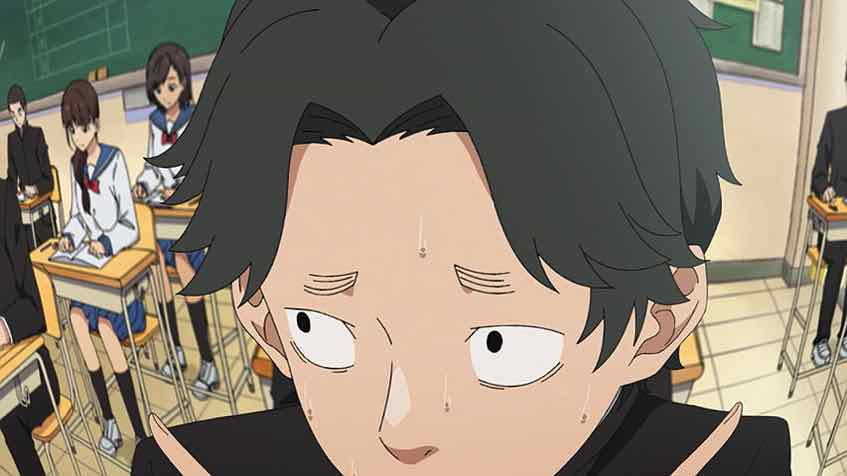
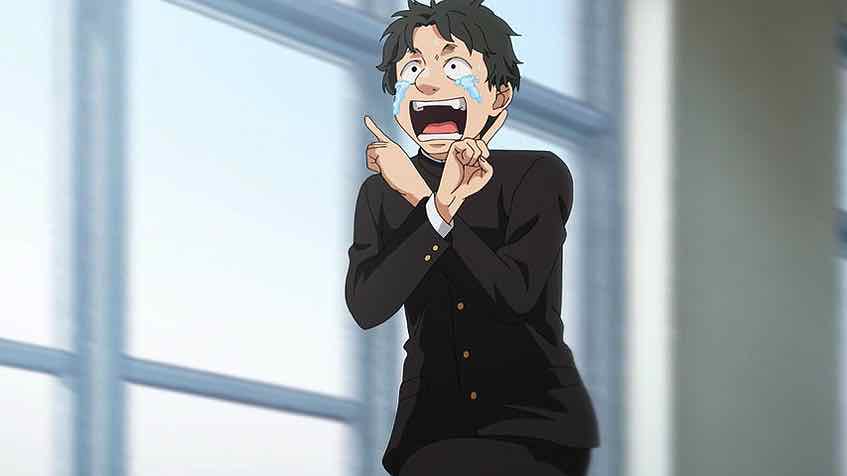
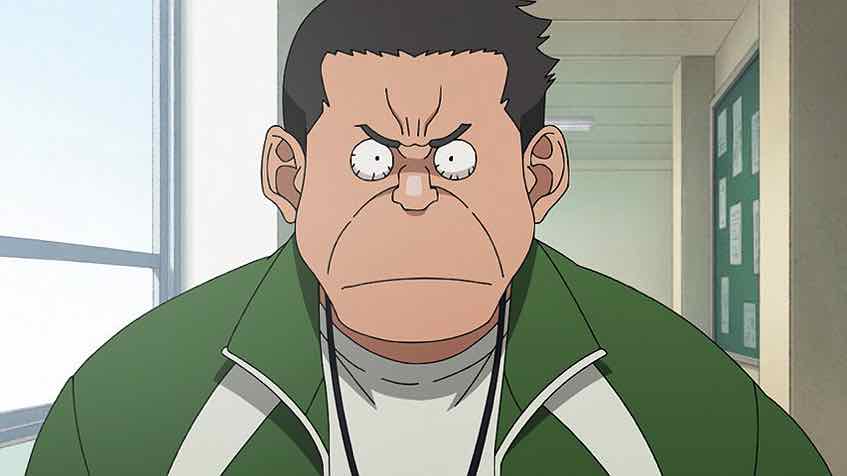
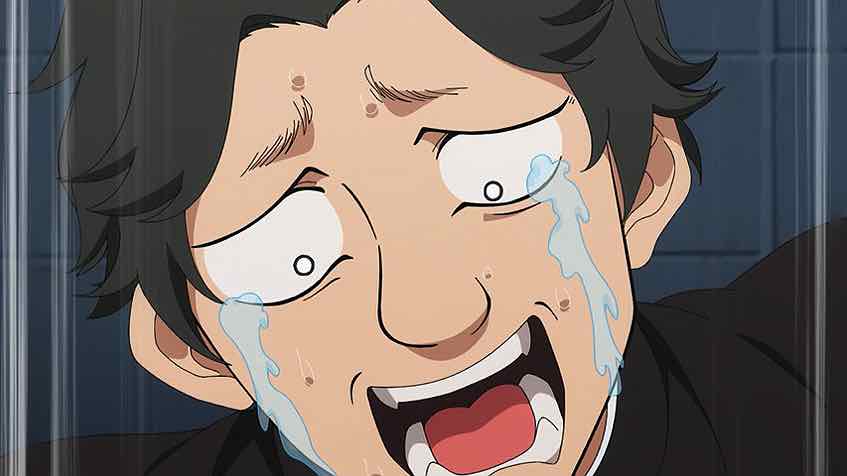
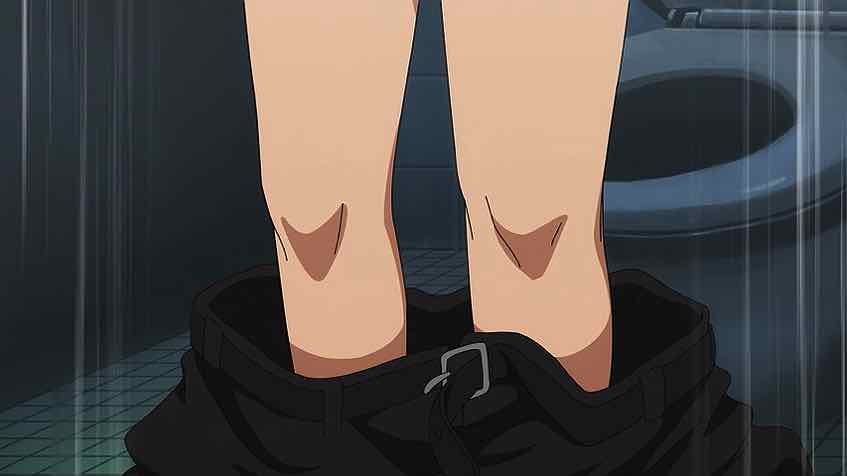
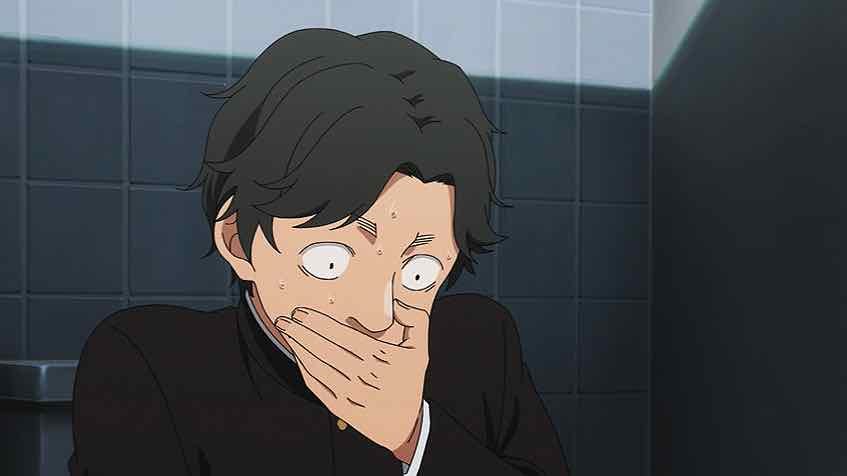
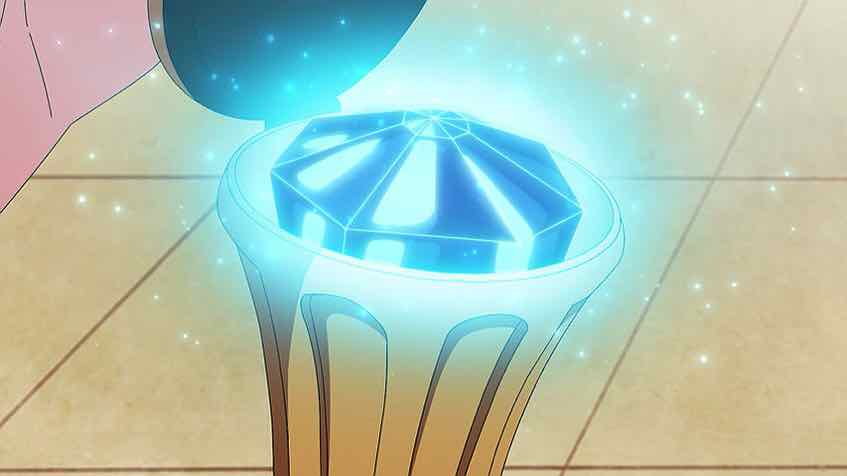
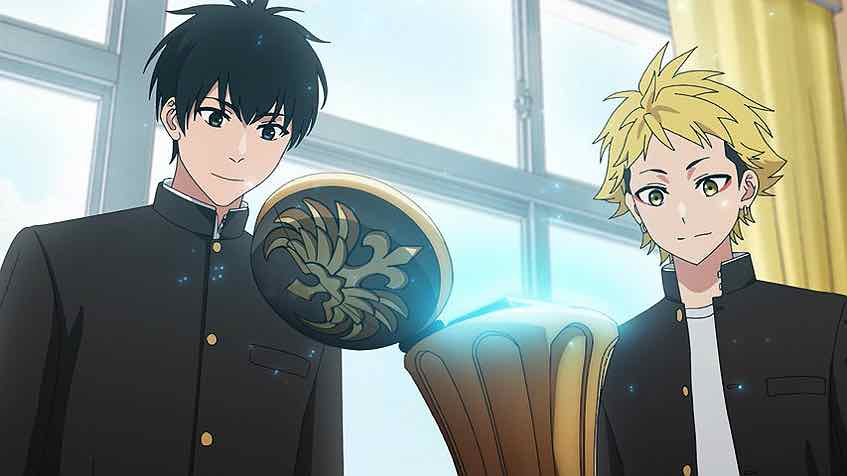
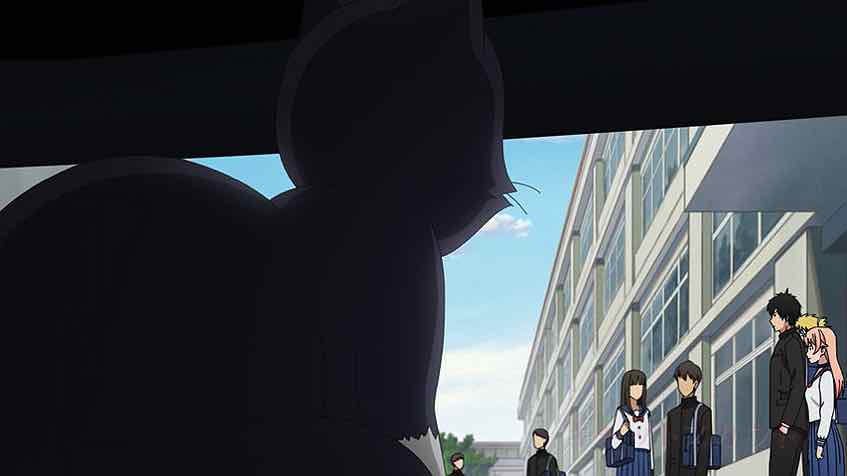
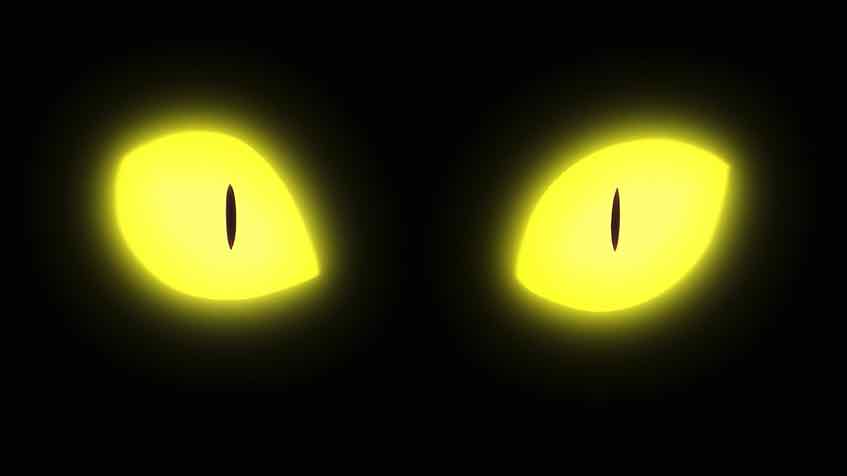
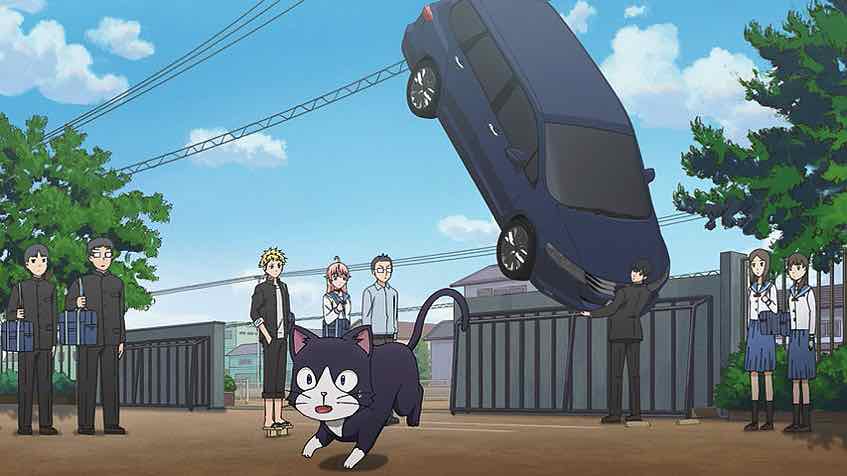
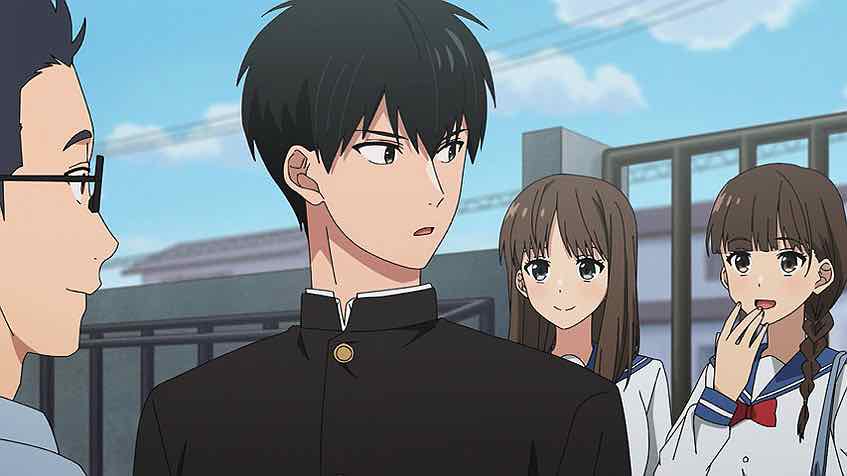
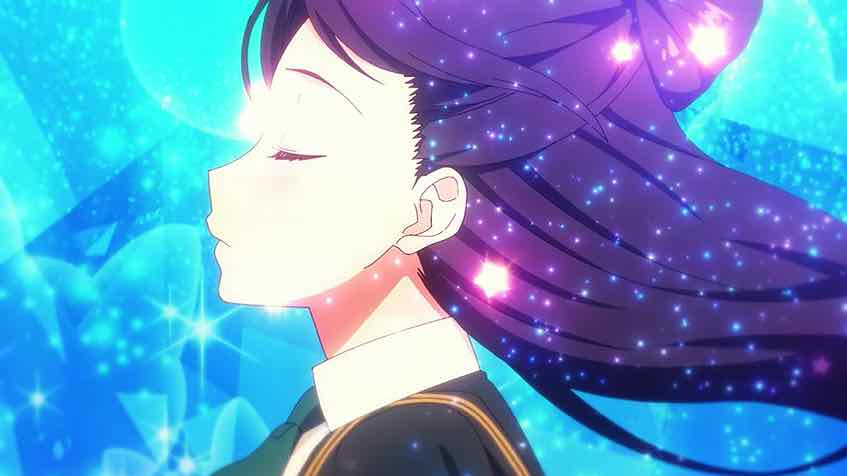
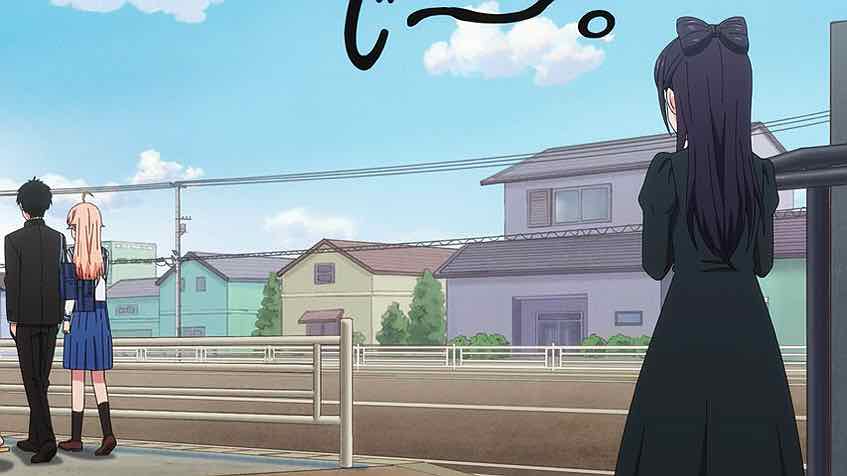
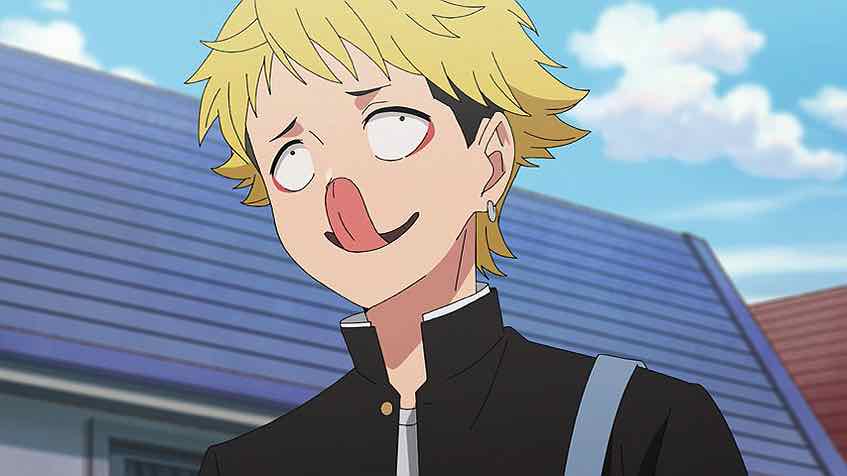
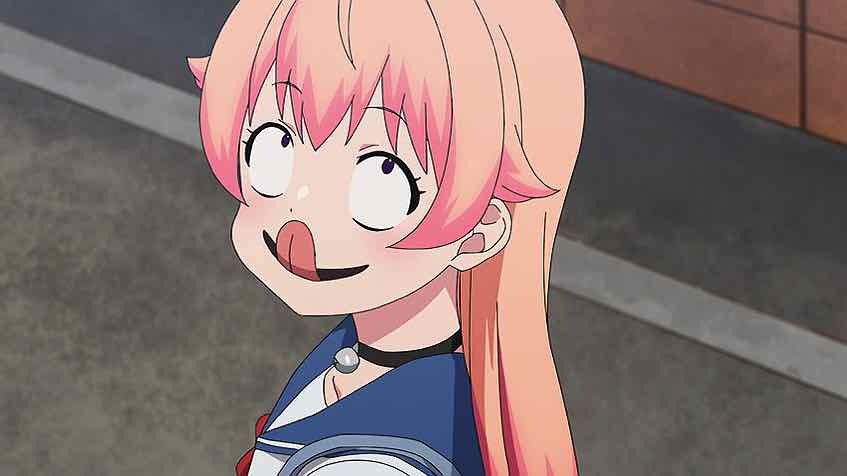
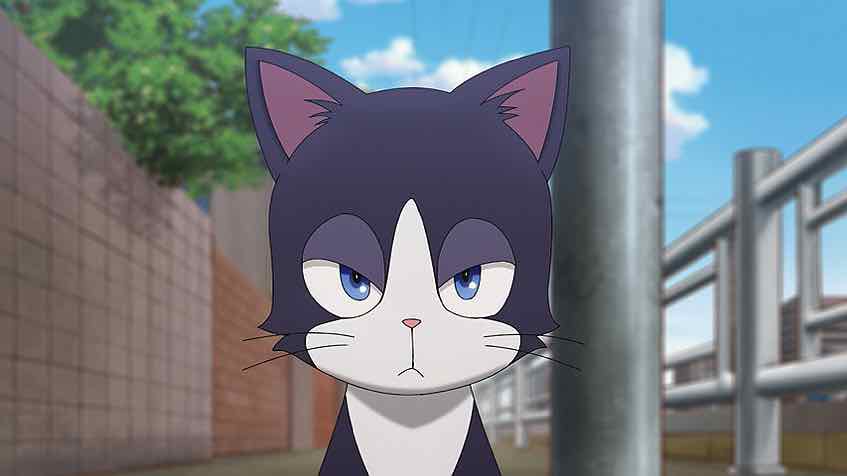
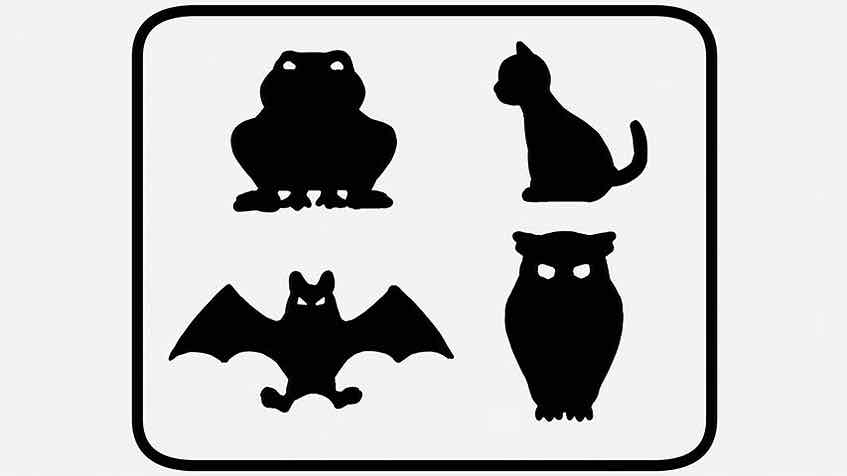
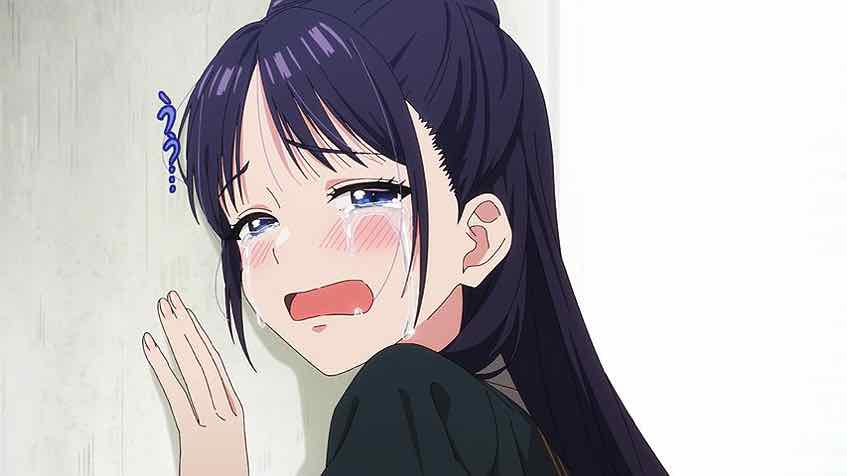
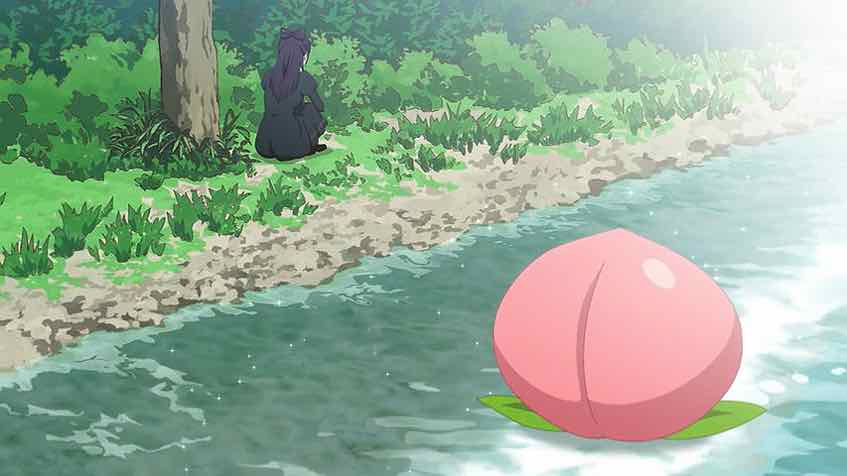
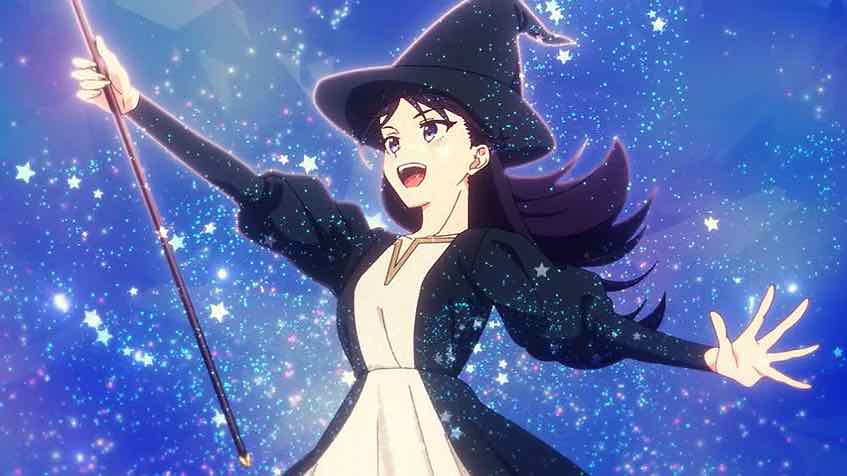
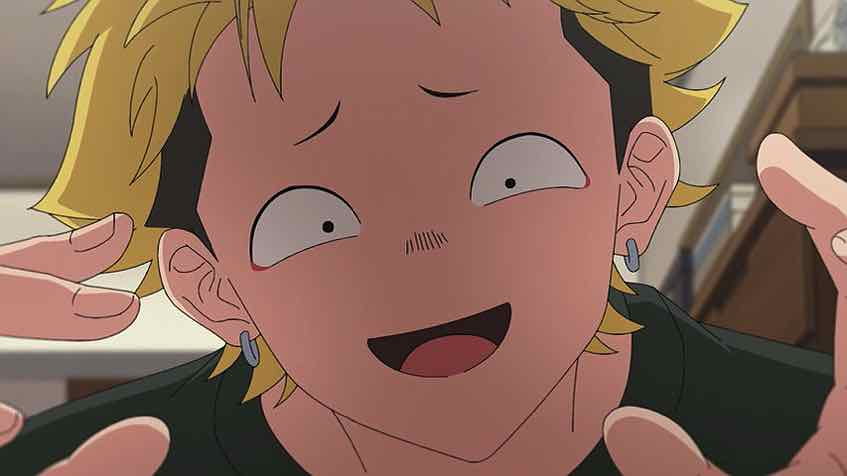
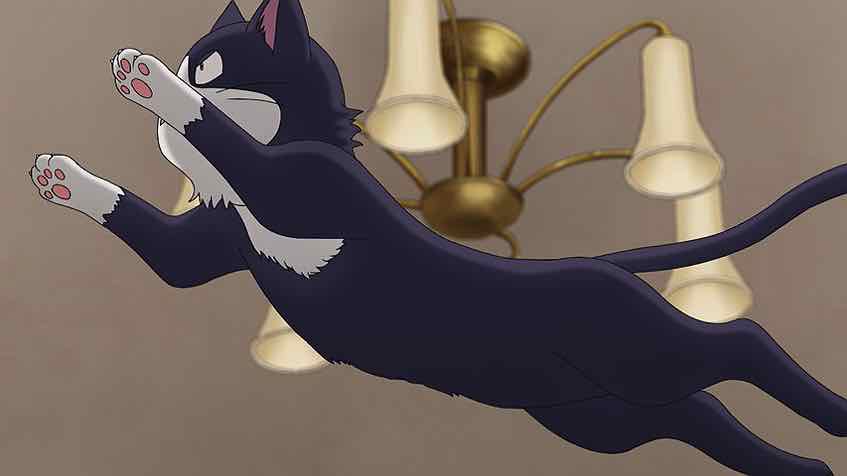
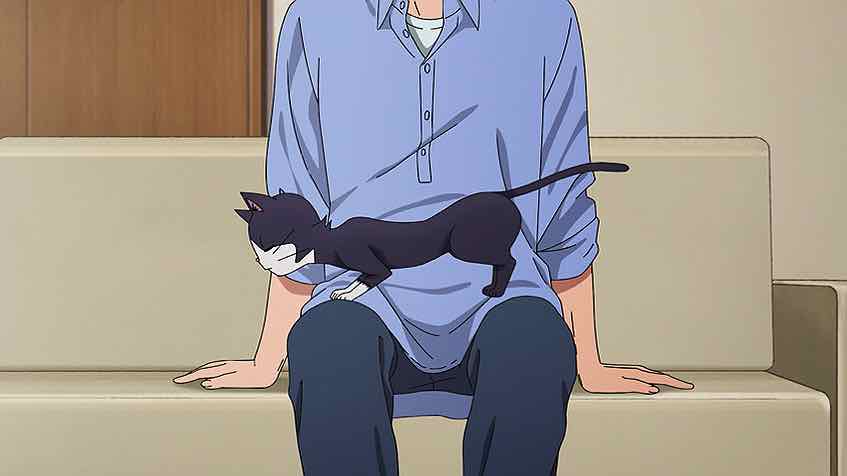
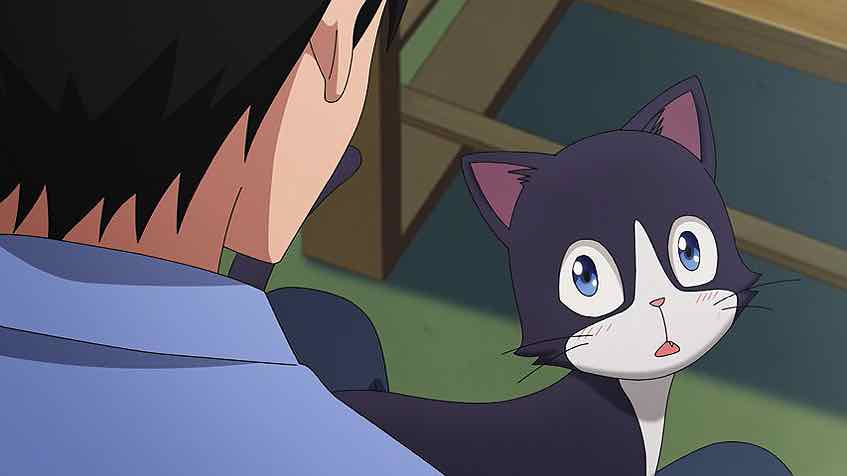
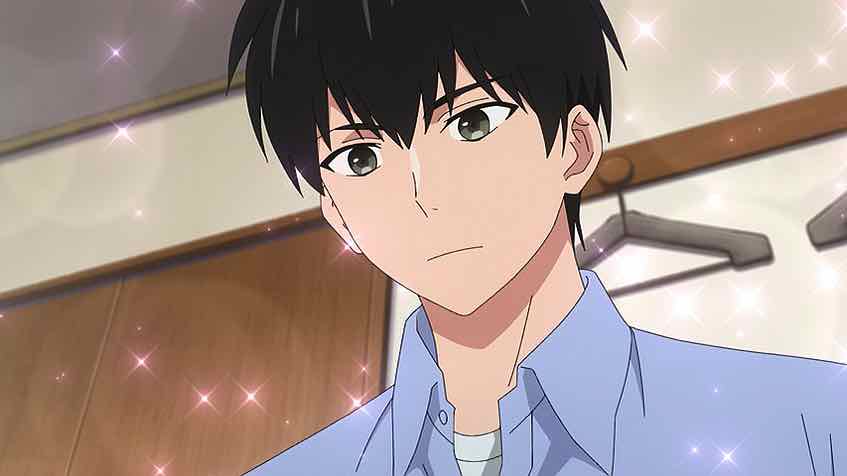
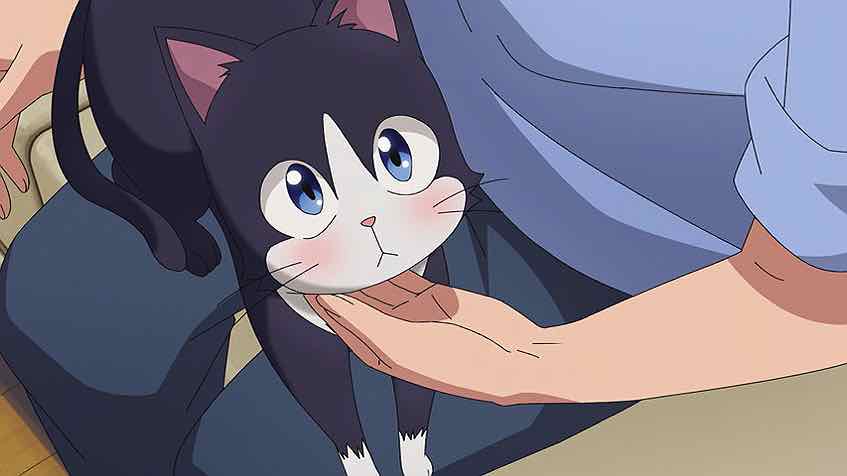
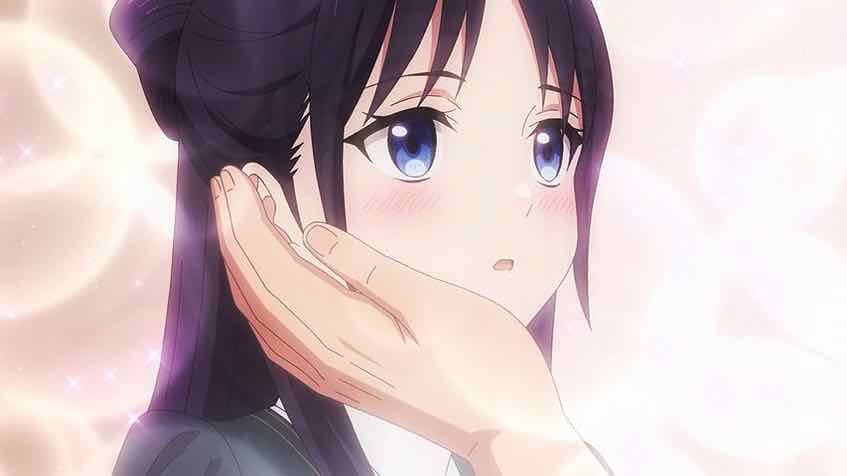
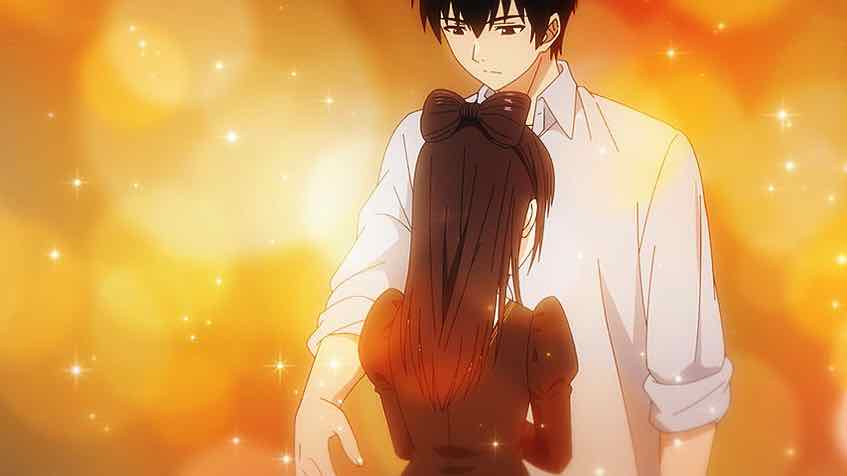
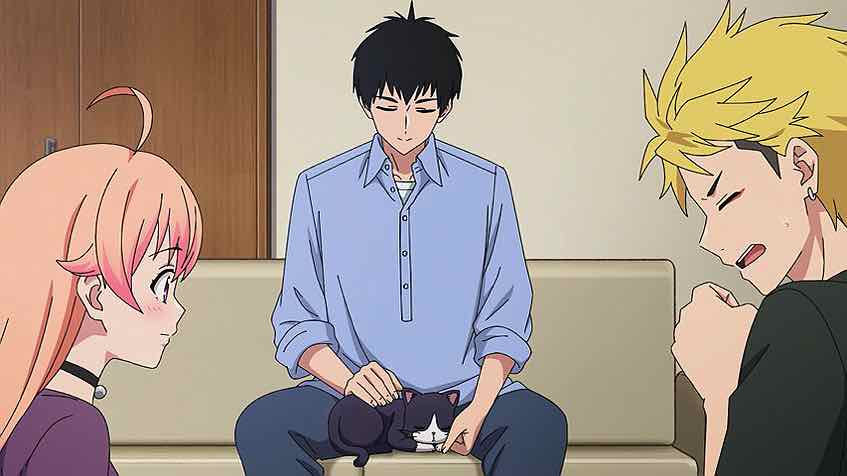
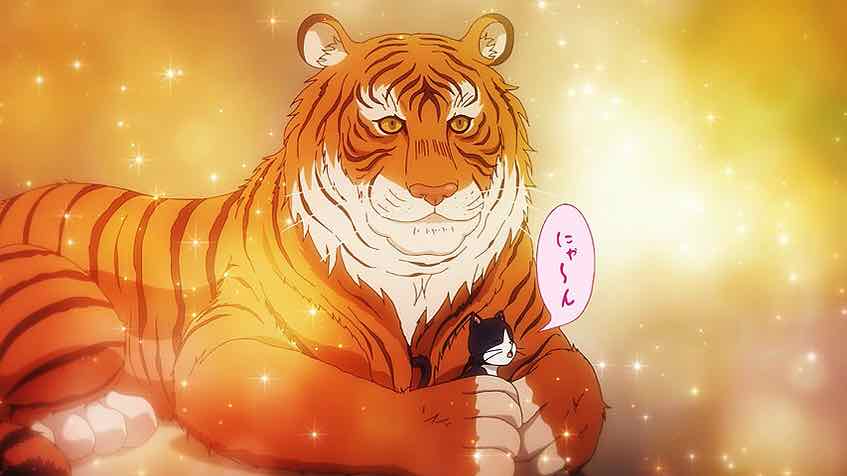
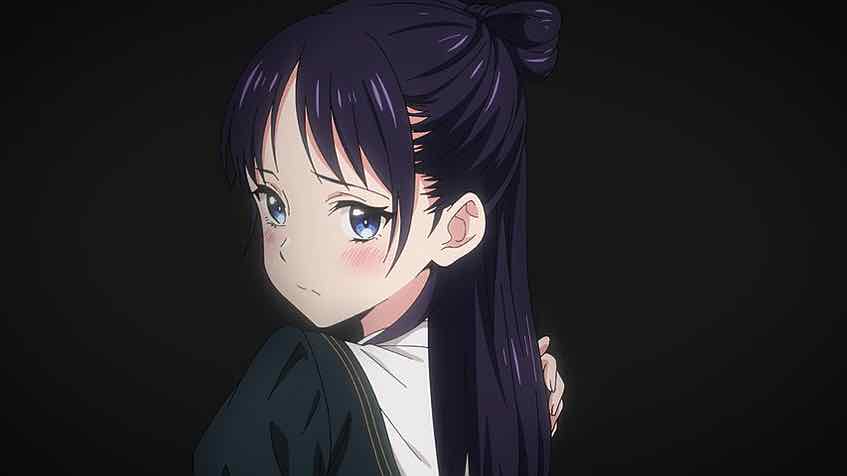
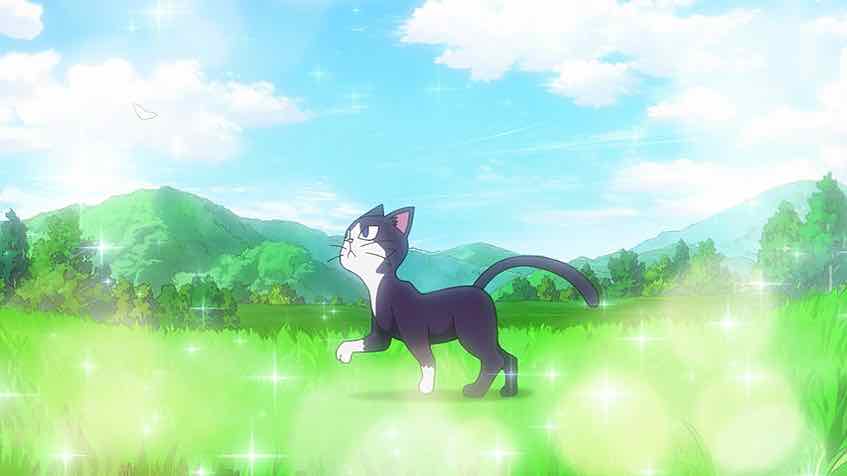
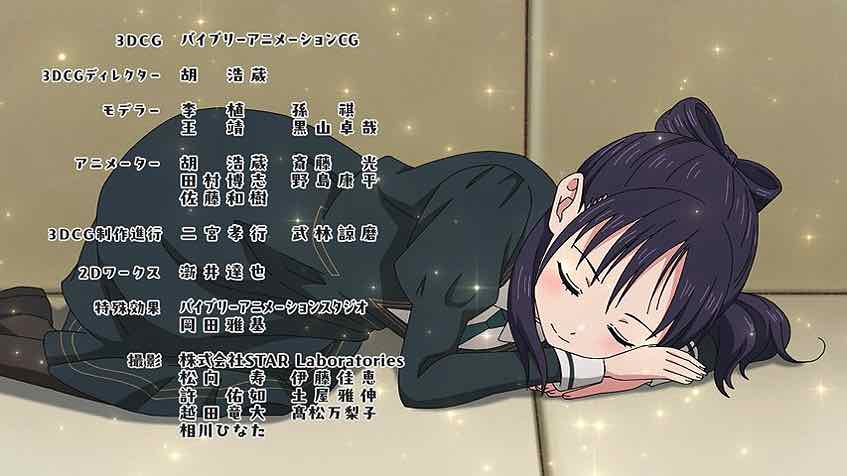
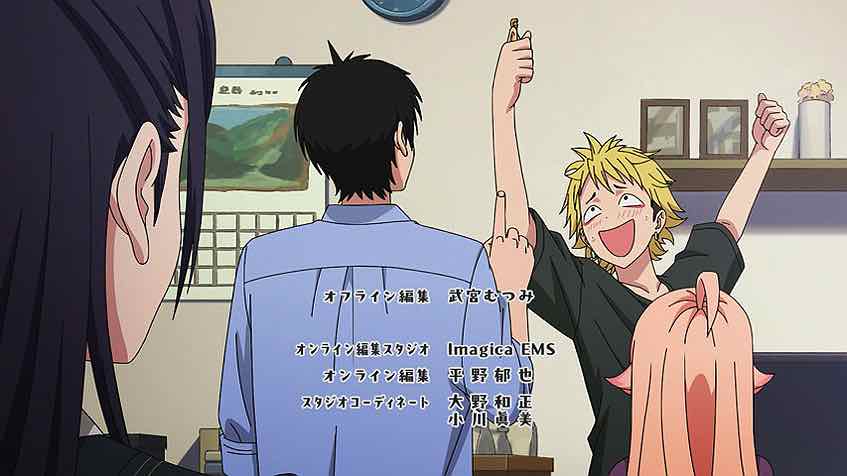
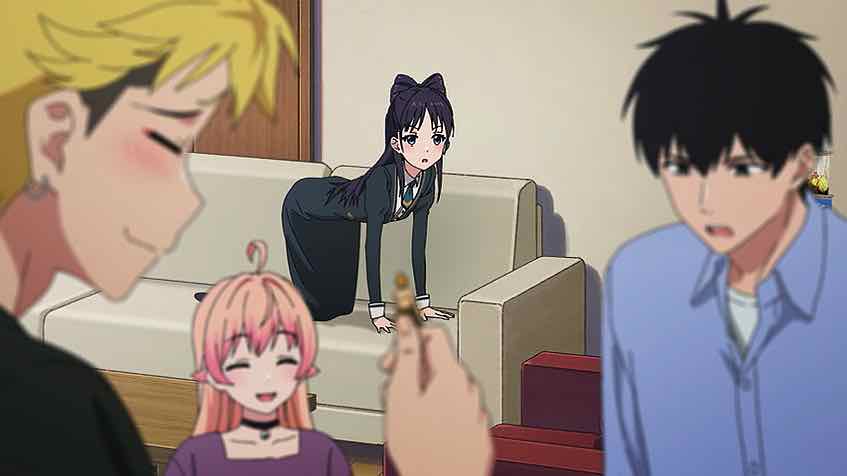
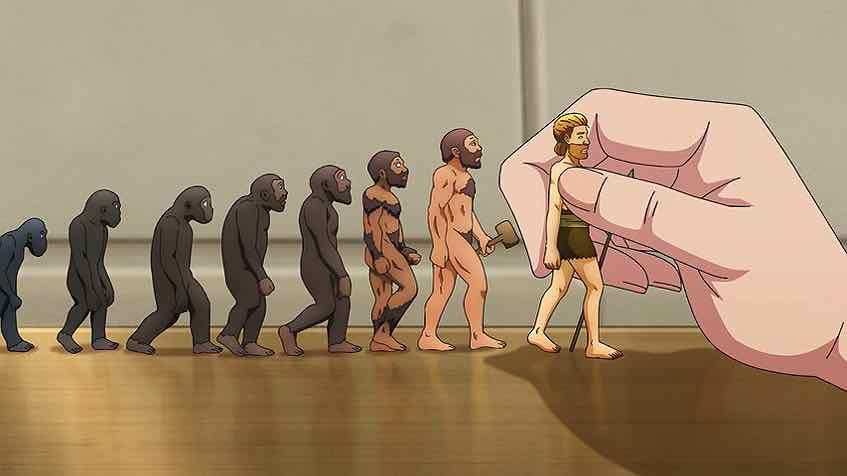
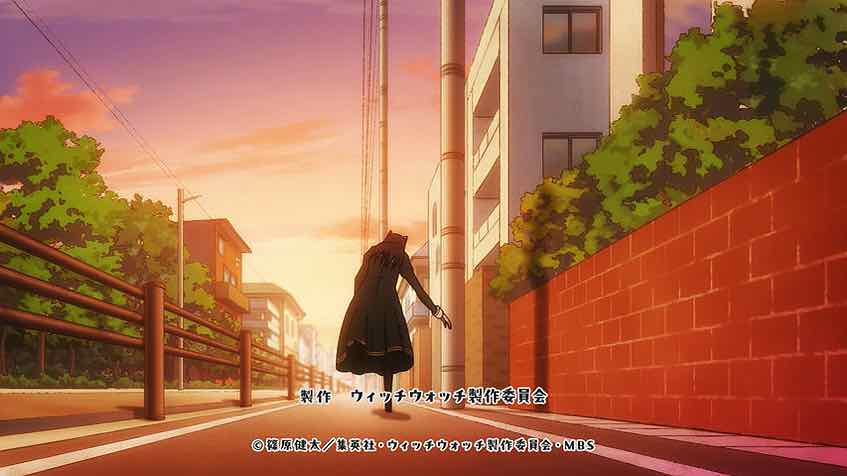


ruicarlov
May 5, 2025 at 8:11 amOften I sense the kind of manic energy and refreshing lack of concern of calling out references by their names as I did watching 100 Girlfriends, and while the main staff doesn’t look to be the same, it’s the same studio and it shows. And it’s a good sign, because both shows are hilarious, in different ways, of course.
Simone
May 5, 2025 at 6:08 pmI mean, does it make sense for you to say that Shinohara doesn’t vibe with you usually when really, you liked Astra and you’re sort of liking this? That’s a 2 out of 3; it basically just boils down to “I didn’t get much into Sket Dance”, which honestly is me too. I never checked out the anime but it’s old enough that I can imagine it would also be probably quite padded like all these Jump adaptations tended to be back in the day, and the manga left me much colder than either future work of his. It might be that it refines itself later, it’s a very common thing for first works of an author to start quite rough both in art and in writing.
One thing I do love about Witch Watch is how niche it can get at times, just digging with incredibly verbose rants into very specific things that obviously the author has a lot of experience with – the fangirling this episode was one taste of that. If you know any of those niches it’s extremely relatable, and if you don’t you find out entire worlds exist that you weren’t aware of (like Moi’s passion for vintage European clothing – not the last we see of his surprising hobbies). It also helps make the characters feel more fleshed out and adding layers to them, and squeeze comedy out of their interactions. The otaku teacher wanting to gush over her student because she’s in awe of her anime fanart is such a inherently hilarious situation and yet it feels like it’s actually totally a thing that could happen.
Guardian Enzo
May 5, 2025 at 6:21 pmIt makes sense because the manga didn’t vibe with me, and the same chapters where the anime mostly has. So it’s closer to 2 out of 3, not one.
Shinohara geeking out via his cast is definitely fun. You feel that full commitment every time it happens.
Simone
May 10, 2025 at 1:07 amYeah, but as I said in a comment in another post, I really think a lot of that is probably down to the way that timing and delivery in manga just aren’t the same. The content is an almost perfect 1:1 as of now, writing wise. But anime enhances comedy in a lot of ways, so I can see it tickling your funny bone even when the manga would have left you cold because it requires more “filling in the blanks”, so to speak.
Guardian Enzo
May 10, 2025 at 8:47 amShinohara is a mangaka, not a director. His contribution here is the source material, which should be assessed as a distinct entity from the anime.